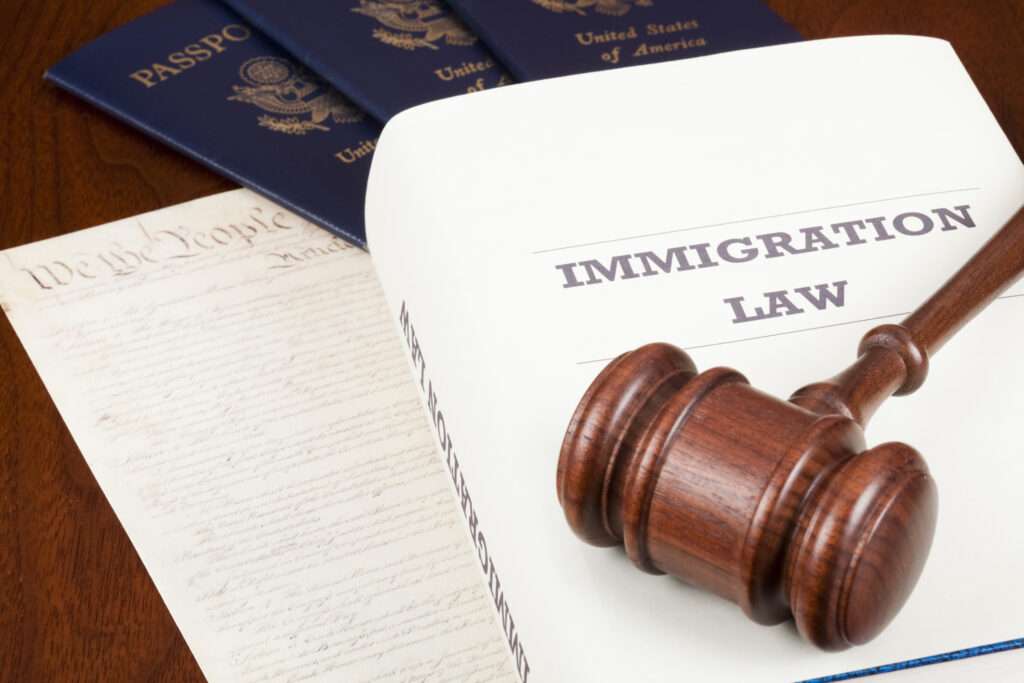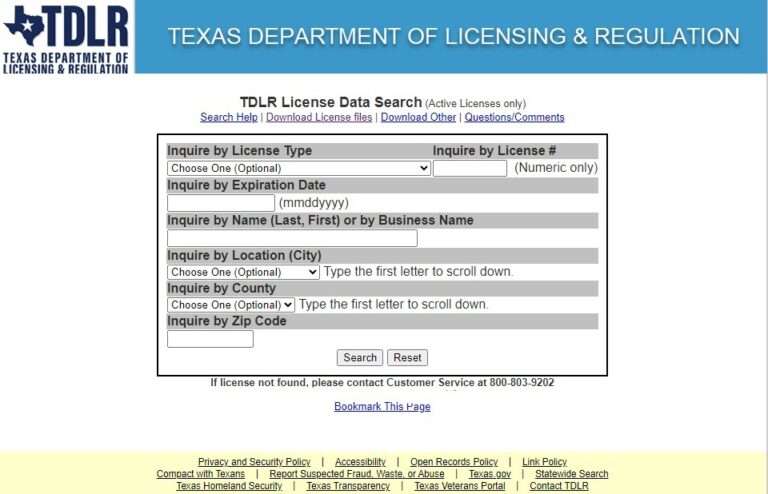
The Houston Ethnic Media held a forum just a week after inauguration to discuss President Trump’s immigration policies and their impacts on immigrant communities. Everything from legal to workforce challenges entered the equation. The bigger question was what we can do to support those affected.
Participating in the discussion were the following people and agencies on the ground:
- Kristen Etter, Texas Immigration Law Council, Director of Policy and Legal Services – txilc.org
- Zenobia Lai, Houston Immigration Legal Services, Executive Director – houstonimmigration.org
- Catherine Lee, United We Dream, Communications Manager and Monse Montalvo – unitedwedream.org
- Angie Dupree, National Partnership of New Americans, Citizenship Coordinator and Lessly Munoz – partnershipfornewamericans.org
What are the significant changes?:
Executive Order on Birthright Citizenship
On January 20, 2025, President Trump signed Executive Order 14160, titled “Protecting the Meaning and Value of American Citizenship.” This order seeks to end birthright citizenship for children born in the U.S. to unauthorized immigrants and those on temporary visas. The order has faced multiple legal challenges and has been blocked by several federal judges, leading to ongoing appeals by the Department of Justice. Source: wikepedia.org
Expansion of Immigrant Detention Facilities
The administration has intensified deportation efforts, leading to increased demand for detention space. On February 27, 2025, CoreCivic, a private prison company, announced an agreement with U.S. Immigration and Customs Enforcement (ICE) to expand detention capacity at four facilities in Mississippi, Nevada, Ohio, and Oklahoma. This expansion aims to accommodate up to 784 additional detainees. Source: axios.com
Reduction in Border Apprehensions
The Department of Homeland Security reported a significant decrease in border apprehensions, with only 200 individuals encountered at the U.S. southern border on February 22, 2025—the lowest single-day figure in over 15 years. Secretary Noem attributed this decline to the administration’s stringent immigration enforcement policies. Source: dhs.gov
Registration Requirement for Immigrants
A new registration mandate has been introduced, requiring undocumented immigrants to register their presence in the U.S. This policy has generated fear and uncertainty among immigrant communities, as it could potentially lead to increased deportations and family separations. Source: americanimmigrationcouncil.org
Legal and Civil Rights Challenges
Numerous civil rights organizations, including the American Civil Liberties Union (ACLU), have launched initiatives to document and challenge the administration’s immigration policies. These efforts aim to highlight the adverse effects of the policies and support affected communities. Source: aclu.org
Impact on Immigrant Communities
President Trump’s immigration policies have had significant effects on immigrant communities, particularly undocumented individuals and asylum seekers.
- Fear and Uncertainty – The new registration mandate and expanded detention efforts have caused widespread panic. Immigrants fear deportation and are hesitant to seek medical care, report crimes, or enroll their children in school.
- Family Separations – Stricter enforcement has led to more family separations, with even some parents being detained or deported while their U.S.-born children remain in the country.
- Economic Hardship – Many immigrants work in industries that rely heavily on their labor. These ramped up deportations and work restrictions will likely hurt both workers and businesses.
- Legal Status Challenges – Those seeking asylum or legal status face longer processing times, more stringent requirements, and higher risks of denial.
REMEMBER, DON’T FORGET:
DACA renewals are still open. Current DACA recipients across the country, including in Texas, are still protected and authorized to work. It’s unclear if or when this decision could be appealed in the courts. We must stay vigilant, organized, and ready to respond as a community.
- Renew your DACA! If you’re eligible, renew it as soon as possible.
- Talk to a lawyer or accredited legal service provider.
- DACA recipients continue to have protection from deportation nationwide, including in Texas.
DHS will continue to accept first-time DACA applications, but as of now, they will not be processed. – Source: United We Dream
Organizations like United We Dream, the National Partnership of New Americans, Texas Immigration Law Council and the Houston Immigration Legal Services are dedicated to assisting and empowering immigrants in the Houston area. Whether you need legal assistance, community support, mental health services, or advocacy resources, they offer various programs to help navigate these challenging times. -Kim Floyd







